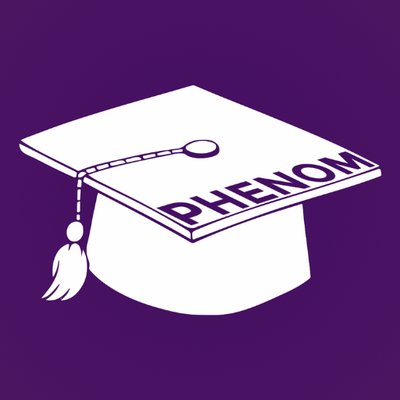From PHENOM’s 2015/16 Newsletter:
The public higher education system in Massachusetts was designed to make public higher education accessible to the working classes, with costs to students as close to free as possible. Remarkably, for more than a century, that remained largely true and is responsible for both America’s stunning economic growth and, especially after World War II, with the growth of a broad middle class.
But no more! Over the past thirty years, due in large measure to tax cuts resulting in massive cuts to public higher education, the cost of attending college has risen dramatically. Until 1987, a student could attend UMass Amherst and graduate completely debt-free by working a 10-hour minimum-wage job during the school year. Now that same student graduates with nearly $30,000 in debt, hampering their ability to choose a career they are most suited for, start a family, buy a house, and live without a weight of debt over their head.
We believe that now is the moment to fight to rebuild the promise of fully-funded public higher education to our citizens. PHENOM proposes to build on its past successes and on the current political concern around student indebtedness to launch a three-year plan to achieve high quality debt-free public higher education for residents of Massachusetts.
Why Is Now the Moment to Launch This Campaign?
A few years ago, talking about “free higher education” was generally considered pie in the sky. But now, thanks to growing awareness of the student debt crisis and work by many groups such as PHENOM, we have a U.S. president proposing free community college; three Democratic presidential candidates and numerous members of Congress proposing “debt-free” higher education; the Massachusetts Teachers Association voicing its support for free public higher education; the two leaders of the higher education committee in the state legislature jointly filing legislation for free community college; and a widely-supported progressive tax campaign in our state having affordable public higher education as one of its main focuses.
The central problem public higher education advocates have faced in trying to win even modest increases in spending on public higher education — to raise the quality and affordability of the system — is that the legislature has been hamstrung by a lack of tax revenues caused by twenty years of tax cuts.
But now, the Raise Up Massachusetts coalition, more than 150 labor, religious and community organizations, of which PHENOM is a member, has successfully launched a constitutional amendment initiative process (see other article in this issue) to win a new tax on yearly incomes over $1 million, with the resulting $1.9 billion in revenues dedicated by law to transportation, public K-12 education, and public higher education. Indeed, when asked in public opinion polls, respondents said that among their greatest concerns was the affordability of public higher education.
PHENOM plans to build a coalition that will work over the coming years to help pass the amendment (due for a vote in November of 2018) and then convince the legislature — either in advance of that vote, or in the new session that meets starting in January of 2019, to make some form of free quality public higher education a major focus of the new revenues.
This is a once-in-a-lifetime opportunity to make a fundamental shift in how we fund public higher education, making it accessible to all our residents, thereby improving their life chances, and improving the Commonwealth’s economic and social life. The problems of access are at crisis proportion; the concerns are now widespread; and we see a funding mechanism before us. Now is clearly the time to take bold steps.
PHENOM received a $10,000 grant from the Sparkplug Foundation to assist in the launch of this three-year campaign.
